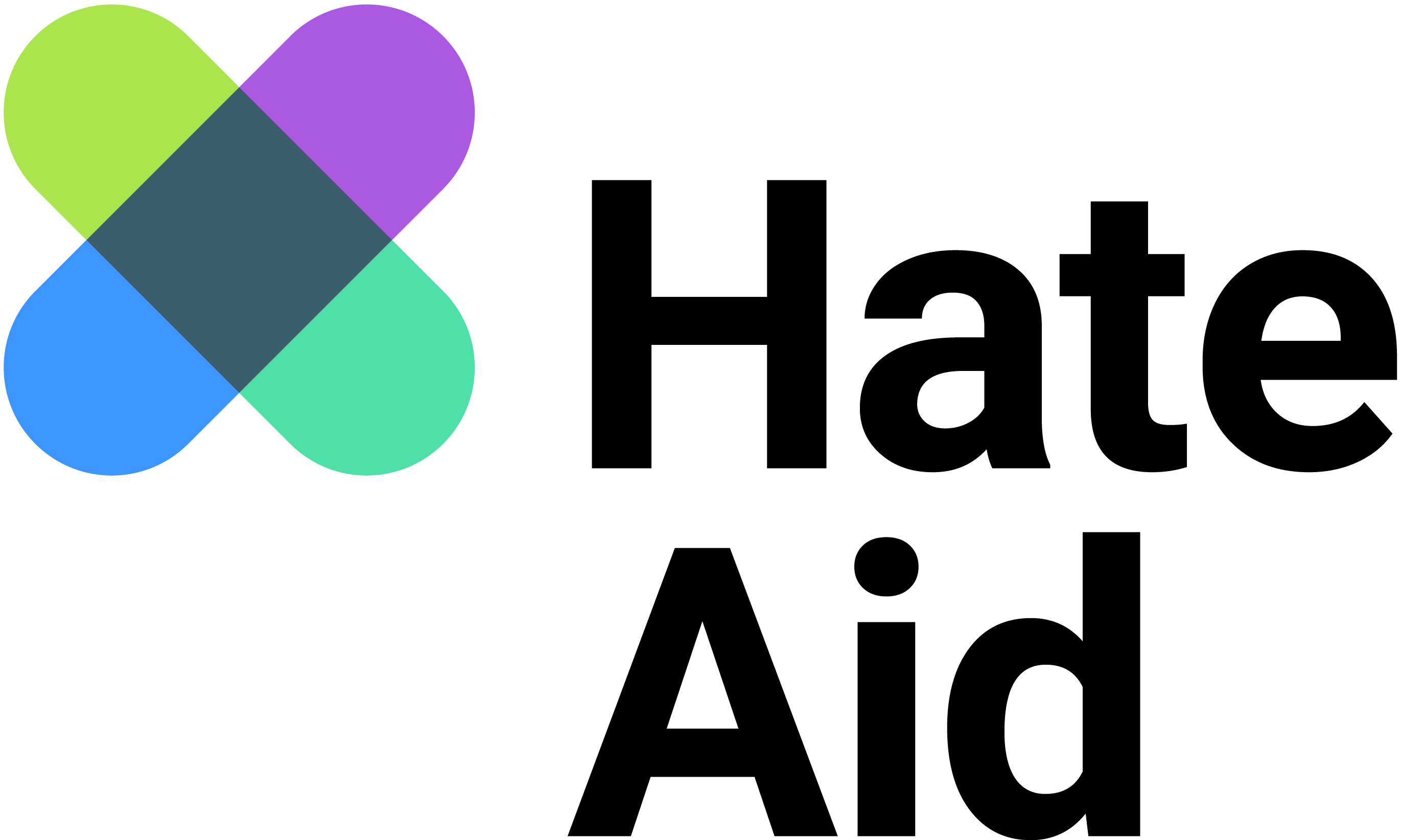Shoah Denial on X: Platform finds loophole at Berlin Court of Appeal
Today, the Berlin Court of Appeal (Kammergericht) held a hearing in the Twitter Trial case in front of a full courtroom. Once again, there was no discussion of anti-Semitism on the platform during the hearing. Instead, the sole focus was on formal questions of responsibility. In early 2023, HateAid, Josephine Ballon (HateAid), and Avital Grinberg (European Union of Jewish Students, EUJS) had filed a lawsuit against X (formerly Twitter), seeking to hold the platform legally accountable for failing to remove criminal antisemitic content. The initial lawsuit had been dismissed by the Berlin Regional Court, citing lack of jurisdiction. The appeal examined whether German courts have jurisdiction in such cases.
The two plaintiffs had reported six antisemitic posts on X, including Shoah denial. The platform failed to remove the posts despite being notified. Grinberg (EUJS) and Ballon (HateAid) aim to hold X accountable, arguing that the company’s own Terms of Service create a legal obligation to remove such content. In these Terms, X explicitly states that it does not tolerate hate speech against marginalised groups or the denial of historical events such as the Shoah– rules that users agree to when signing up. HateAid and EUJS demand that the platform must also abide by these self-imposed obligations itself.
The Regional Court had dismissed the claim based on lack of international jurisdiction, citing the company’s headquarters in Ireland and arguing that Ballon and Grinberg were not acting as private consumers, but in a professional or commercial capacity – especially because they had publicly spoken about the case.
Avital Grinberg, former President of the European Union of Jewish Students, said:
„While Shoah denial and antisemitic incitement are spread daily on X, we’re still in court debating jurisdiction — not the hatred we face every day. We turned to the judiciary out of pain and despair, because we are forced to fight constantly for digital protection and visibility. The reality is: this platform allows antisemitism to flourish and contributes to its growth. This isn’t just about a verdict. It’s about expecting shared responsibility from both X and the justice system to make Jewish life in digital spaces safe.“
In January 2025, the plaintiffs filed an appeal. A ruling in their favour could set a precedent for whether German courts have jurisdiction and what legal responsibilities platforms like X have towards their users. It could pave the way for similar obligations to be examined in cases of other forms of group-related hate speech.
However, there was no discussion of the details of the complaint at this hearing either.
The debate focused primarily on the question of whether Josephine Ballon should be classified as a consumer in this case. Circumstantial evidence was discussed, including the profil picture, profile name, but above all the way the account is used. Ballon has only used her account passively and privately since. Just like the majority of social media users in Germany who have an account but only passively consume content. Nevertheless, the court tended to deny Ballon’s status as a consumer.
This was driven by X: from the outset, the platform pushed for a review of international jurisdiction. An effective strategy to avoid addressing antisemitism on its own platform. This highlights the structural power imbalance between Big Tech and its users: for victims of antisemitism and all platform users, this is a serious setback.
Josephine Ballon, CEO of HateAid, commented:
„So far, online platforms operate with arbitrary decisions: on a daily basis, accounts are suspended, content is removed – or not – based on intransparent internal rules. With our lawsuit, we want to turn the tables and hold them accountable. But instead of addressing its responsibility for antisemitism, X is doing everything it can to have the case thrown out on technicalities. That sends a dangerous message to other users who dare to take on this David vs Goliath battle.“
Antisemitic content – including Shoah denial – can severely restrict the digital participation of Jewish people and help spread disinformation. Since Elon Musk’s takeover of X, such content has become more visible – partly because moderation rules are no longer consistently enforced. Hate speech generates engagement, which boosts reach and ad revenue.
Dr Felix Klein, Federal Commissioner for Jewish Life in Germany and the Fight Against Antisemitism, commented:
„I am grateful to Josephine Ballon of HateAid and Avital Grinberg of the European Union of Jewish Students for bringing this lawsuit against X and shining a light on an issue that is becoming increasingly dangerous: the spread of antisemitic hate speech on social media. Shoah mockery, death threats against Jewish journalists, conspiracy theories, and Israel-related antisemitism are intensifying online – especially since 7 October. We know of numerous cases where perpetrators of violent acts were radicalised online before committing their crimes. The threat is real.“
The urgency to hold platforms accountable is reflected in current data: according to the RIAS monitoring centre, the number of antisemitic incidents online nearly doubled in 2024 compared with the previous year, reaching 1,978 cases. A significant share of these occurred on social media platforms.
About the Organisations
European Union of Jewish Students (EUJS)
The European Union of Jewish Students (EUJS) is a pluralistic, inclusive, and non-partisan umbrella organisation. It brings together 36 national Jewish student unions across Europe and represents them in international institutions and organisations. Founded in 1978, EUJS includes members from Russia to Scandinavia to the United Kingdom.
EUJS is led by a President, a Managing Director, eight Board Members and a professional team based in Brussels. The organisation empowers young Jewish adults to contribute positively to European society, promoting a vibrant and sustainable Jewish future. Its mission is to strengthen Jewish communities and European society through student activism and advocacy. EUJS connects independent, self-organised student unions and supports them in preserving and developing their religious, spiritual, cultural, and social identities.
For more information about EUJS, visit: https://eujs.org
HateAid gGmbH
HateAid is a non-profit organisation founded in 2018 and based in Berlin. It advocates for human rights in digital spaces and works on both political and societal levels against digital violence and its consequences. HateAid supports victims of digital violence through counselling and legal cost coverage.
The organisation is led by Managing Directors Anna-Lena von Hodenberg and Josephine Ballon.
HateAid has received the Theodor Heuss Medal (2023), the Rothenburg Award for Remembrance and Future, the Values Prize for Democracy by the Values Foundation, and the For..Net Award from the Technical University of Munich.
Press contact: presse@hateaid.org, Tel. +49 30 25208837 +49 (0)30 25208837



